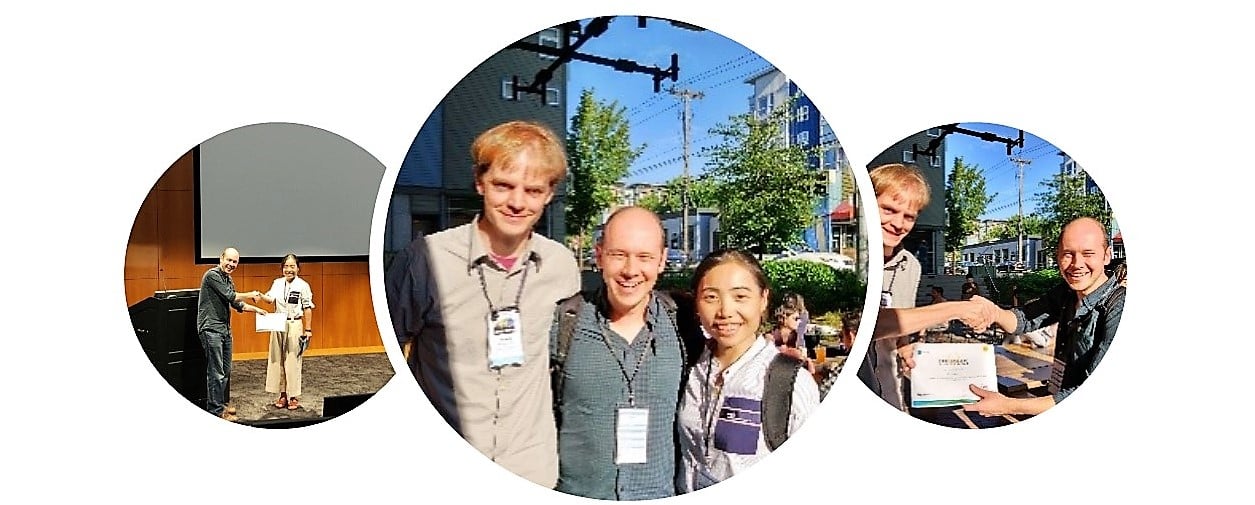31 August 2018
Entropy Best Early Career Researcher Presentation Award Winners
You are accessing a machine-readable page. In order to be human-readable, please install an RSS reader.
All articles published by MDPI are made immediately available worldwide under an open access license. No special permission is required to reuse all or part of the article published by MDPI, including figures and tables. For articles published under an open access Creative Common CC BY license, any part of the article may be reused without permission provided that the original article is clearly cited. For more information, please refer to https://www.mdpi.com/openaccess.
Feature papers represent the most advanced research with significant potential for high impact in the field. A Feature Paper should be a substantial original Article that involves several techniques or approaches, provides an outlook for future research directions and describes possible research applications.
Feature papers are submitted upon individual invitation or recommendation by the scientific editors and must receive positive feedback from the reviewers.
Editor’s Choice articles are based on recommendations by the scientific editors of MDPI journals from around the world. Editors select a small number of articles recently published in the journal that they believe will be particularly interesting to readers, or important in the respective research area. The aim is to provide a snapshot of some of the most exciting work published in the various research areas of the journal.
Original Submission Date Received: .
The editorial team of Entropy would like to congratulate the winners of the two Best Early Career Researcher Presentation Awards that Entropy sponsored at the Workshop on Methods of Information Theory in Computational Neuroscience in Seattle (USA) on 17–18 July 2018. Dr. Joseph Lizier (The University of Sydney), the Editorial Board Member of Entropy and Chair of the Workshop, granted the certificate to the winners:
Dr. Siwei Wang (Hebrew University of Jerusalem) for her work “Closing the gap from structure to function with information theoretic design principles”;
Dr. Rainer Engelken (Columbia University) for his work “How input spike trains and recurrent dynamics shape the entropy of cortical circuits”.
Congratulations to both of them!

